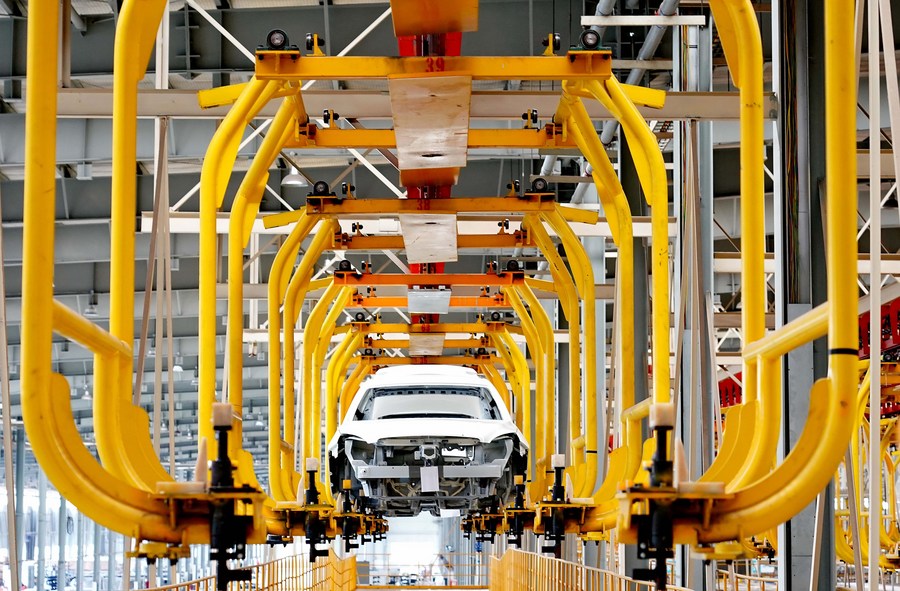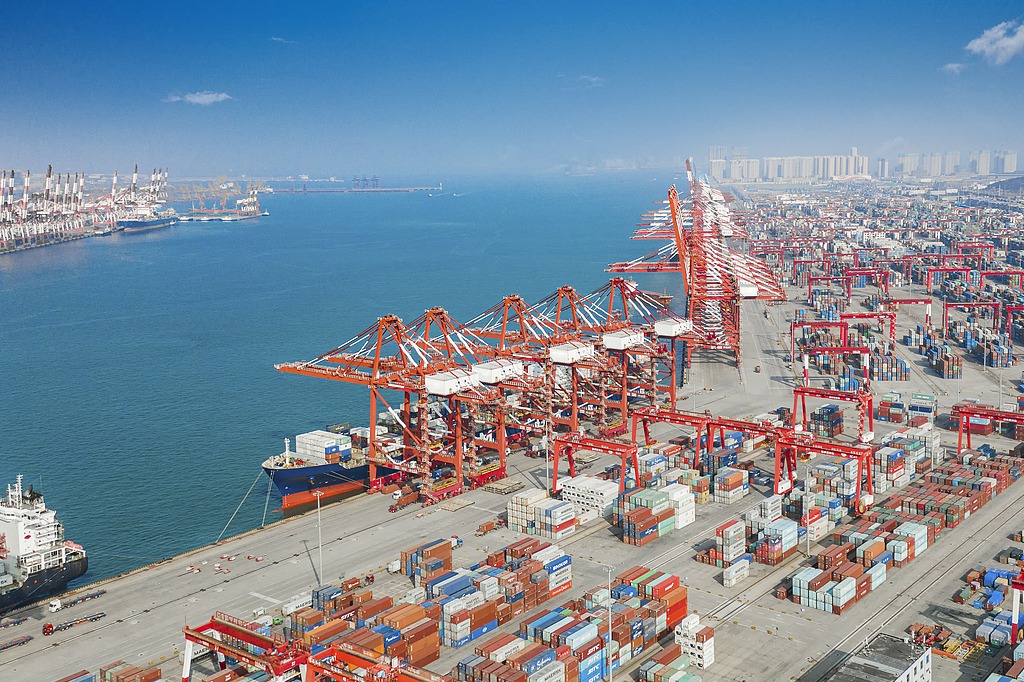Chinese carmakers lag behind in NEV quality: survey


China is the world's largest market for new energy vehicles, but Chinese carmakers still lag behind international companies in terms of vehicle quality, according to a JD Power China study released Thursday.
The study, now in its second year, measures new vehicle quality by examining problems experienced by new energy vehicle owners within the first two to six months of ownership.
New vehicle quality is defined by problems per 100 vehicles, with a lower number of problems indicating higher quality.
The study shows that the average number of problems reported this year is 138 per 100 vehicles.
The number of problems for established Chinese brands is 147, which is 35 more than that for international brands and 21 more than local startups.
Jeff Cai, general manager of auto product at JD Power China, said established Chinese automakers are weaker in resource integration and less favored in the capital market. If they want to survive, they must accelerate technology and product innovation and strive to improve quality.
"As the new energy vehicle market is shifting from policy-driven to policy and market-driven, competition among brands will gradually focus on the product itself," Cai said.
The study also finds that international brands perform better in the exterior, infotainment system, seats, powertrain, and interior categories, while Chinese startup brands like Nio exceed in driving experience, battery and charging.
"Both Chinese and foreign startups, such as Nio and Tesla, are more outstanding in exterior design, human-machine interaction and technology innovation, while joint venture brands surpass others in manufacturing techniques," said Eileen Ren, vice-president of new energy vehicle solutions at JD Power China.
Ren said new energy vehicle owners not only expect technological and smart in-vehicle features, but also require high quality. That means carmakers must deliver vehicles with both high quality and advanced technology.
In August, sales of new energy vehicles reached 109,000, up 25.8 percent year-on-year, according to statistics from the China Association of Automobile Manufacturers.
Their sales totaled 596,000 in the first eight months, down 26.4 percent from the same period last year.




































